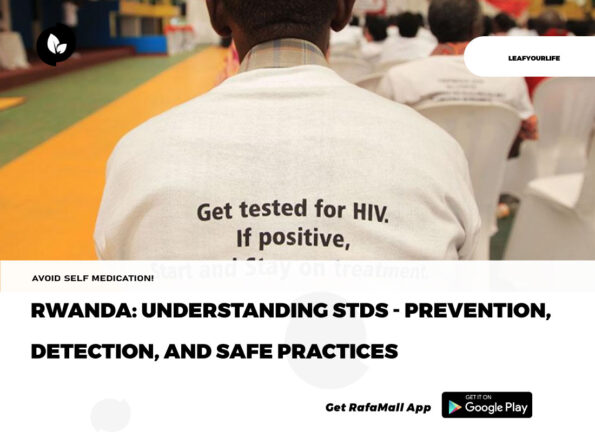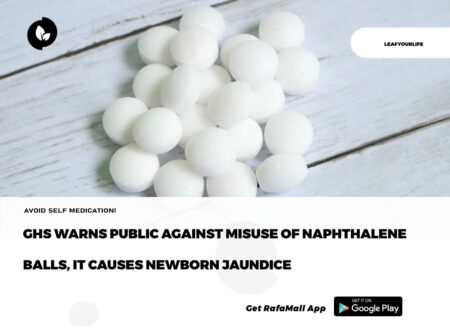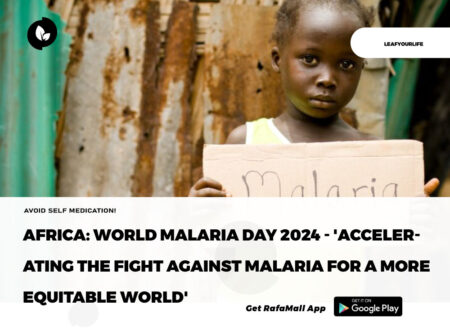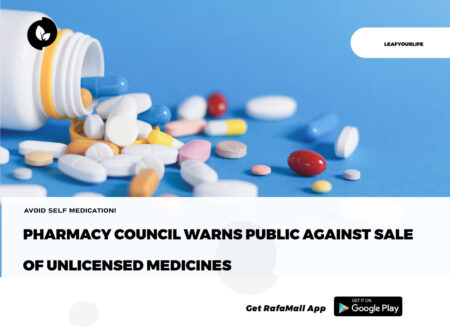
Extensive efforts by concerned organisations and well-planned government strategies, such as those implemented by Rwanda, have led to a decrease in the prevalence of new cases of HIV/AIDS. However, it is important for people to also be aware of other sexually transmitted diseases, as they are risk factors for acquiring and transmitting HIV/AIDS.
Sexually transmitted diseases (STDs) are acquired and transmitted through sexual contact. Depending on the type of sexual activity, lesions can be found on moist genital areas, the anus, or even the oral cavity. If left untreated, these diseases can become chronic and affect other parts of the body. In the long run, syphilis can affect vital body parts such as the eyes, heart, and brain.
Gonorrhoea can lead to arthritis, inflammation of the eyes, and even blindness. Chlamydia infection can also result in blindness. Genital herpes can affect the brain and cause encephalitis. Difficulty in urination is an uncomfortable complication of some STDs.
Every healthcare facility globally receives men and women suffering from an STD.
The concern is for the immediate suffering and long-term sequel as well. Both genders can experience chronic lower abdominal pain, painful urination, difficulty in urination, and/or discharge, as well as swelling over the groin.
Sterility can occur due to blocked tubes, testicular swelling, and chronic pelvic infections. Women are at risk of ectopic pregnancy, abortions, and intrauterine death.
Carcinoma of the cervix occurs due to infection by human papillomavirus, which is also sexually acquired. This virus causes genital warts which can become malignant. A major complication of an STD is that a baby can become infected by microbes passing through the placenta in the womb or through breast milk after birth
Chronic serious infections like hepatitis B and C are also sexually acquired and transmitted.
Lack of awareness about these diseases is the main reason for their continued spread in any community. Many teens engage in sexual experimentation without fully understanding the consequences.
Some adults engage in it for enjoyment. Migrant urban labourers, long-distance lorry drivers, etc. individuals whose work takes them far from home also participate in casual sex and risk contracting STDs.
They infect their partners upon returning home, thus initiating a cycle of infection. Many people avoid using condoms because they believe it affects their masculinity. Due to the social stigma associated with these diseases, affected individuals avoid seeking early treatment. They do not seek treatment until they are very sick.
Many affected individuals do not realise that the treatment they receive cures the current infection but does not prevent re-infection. It’s important for partners engaging in sexual activity to be treated simultaneously. Otherwise, a vicious cycle occurs where despite receiving treatment, a person continues to be cured and then re-infected.
STDs are easy to diagnose by the typical clinical features and suitable laboratory tests. Early treatment helps in a complete cure and also prevents other complications.
For prevention, people need to be educated about the hazards associated with casual sex. Ideally, one should be loyal to their partner and not indulge in multiple relations. Sex should be avoided with any individual having itching, swelling, sores, or any problem over genital parts or with a genital discharge.
Keeping good perineal hygiene, and washing genital parts after intercourse minimises the risk of STDs by removing the concentration of germs settled. The use of a condom provides a barrier against not only unwanted pregnancy but also STDs. However, the condom used should be a good quality latex one that should not break. It should be used correctly and never shared or reused.
At the first sign of any issues with reproductive health, it is important to seek early treatment to ensure a full recovery.
Dr Rachna Pande is a specialist in internal medicine.
Read the original article on New Times.











